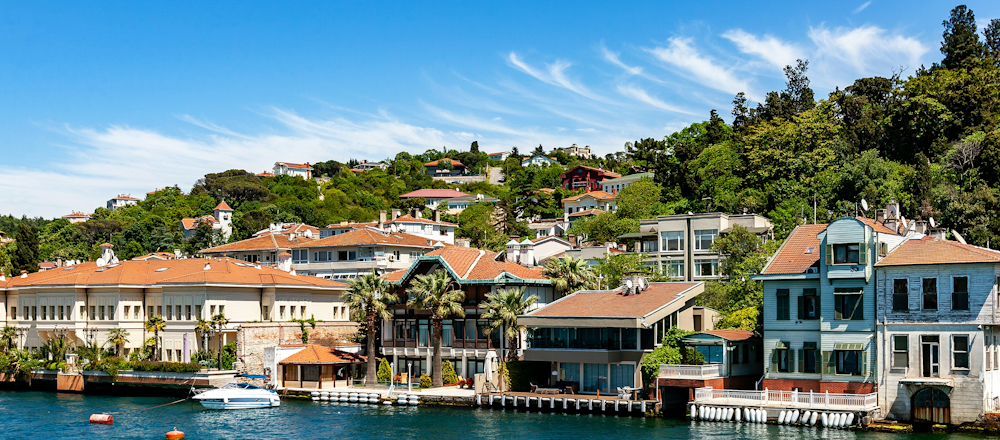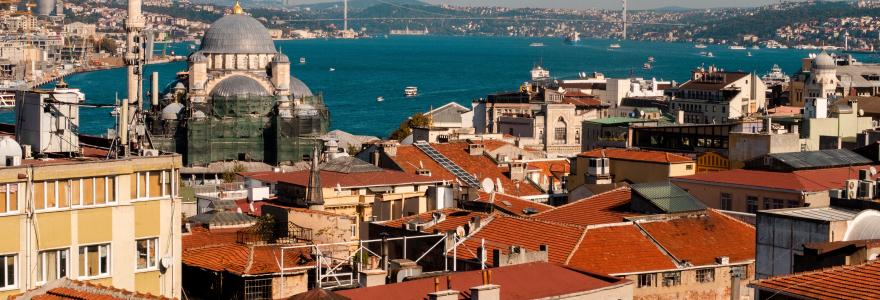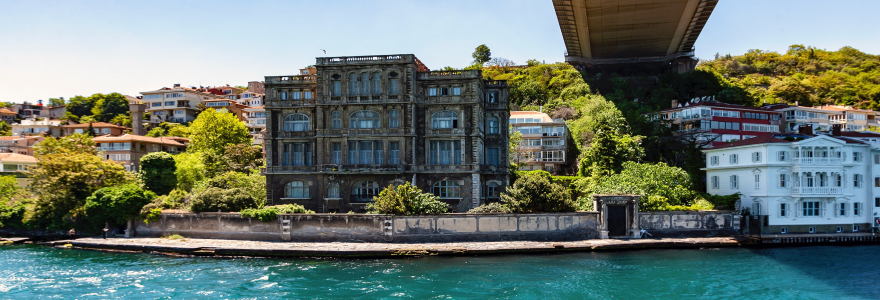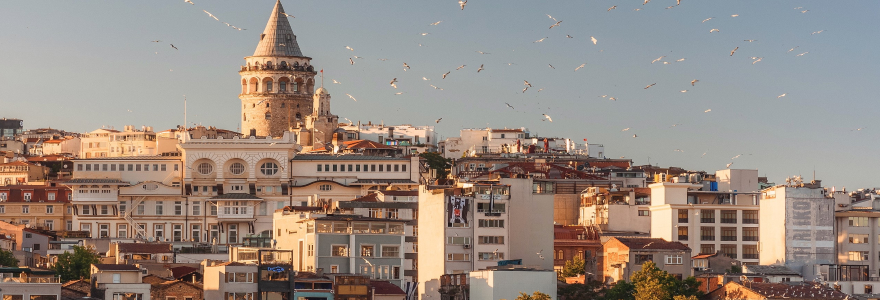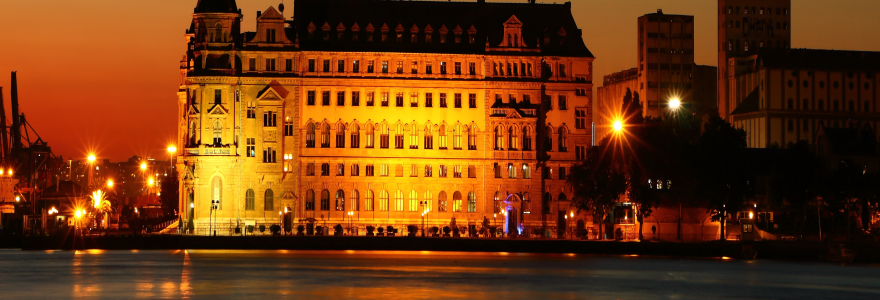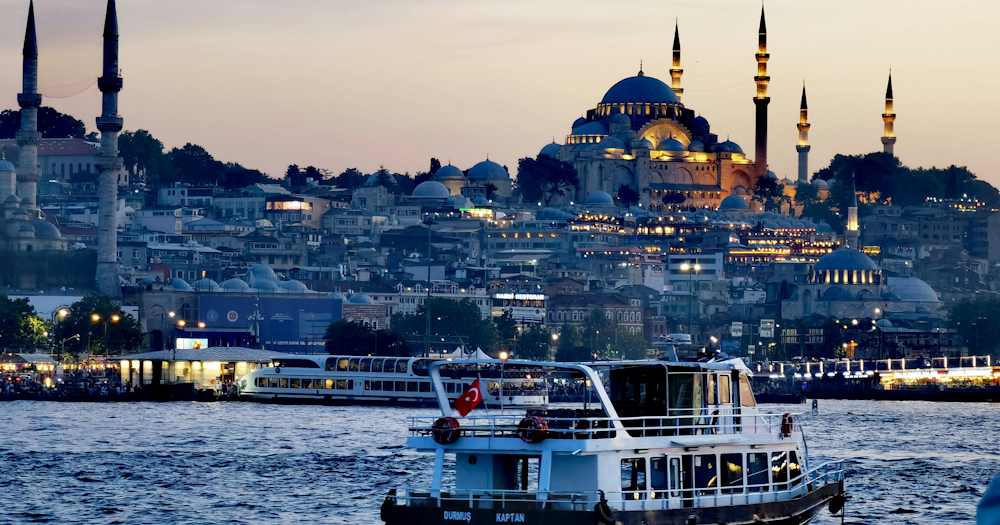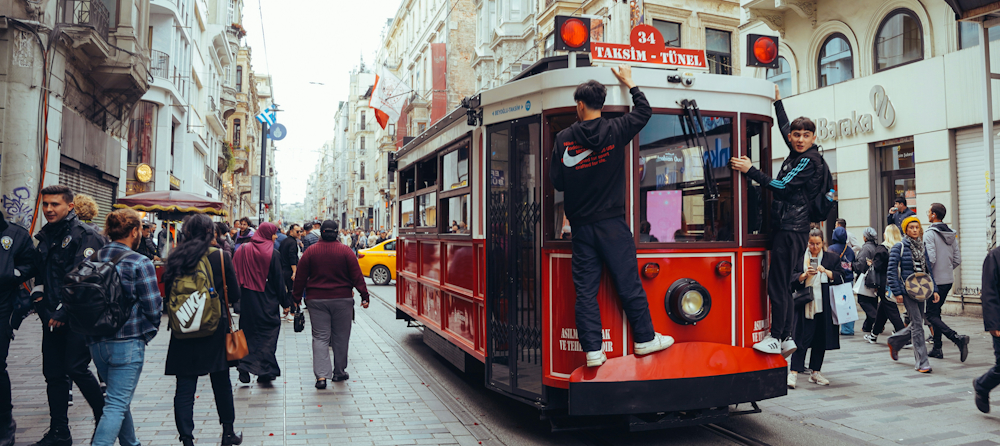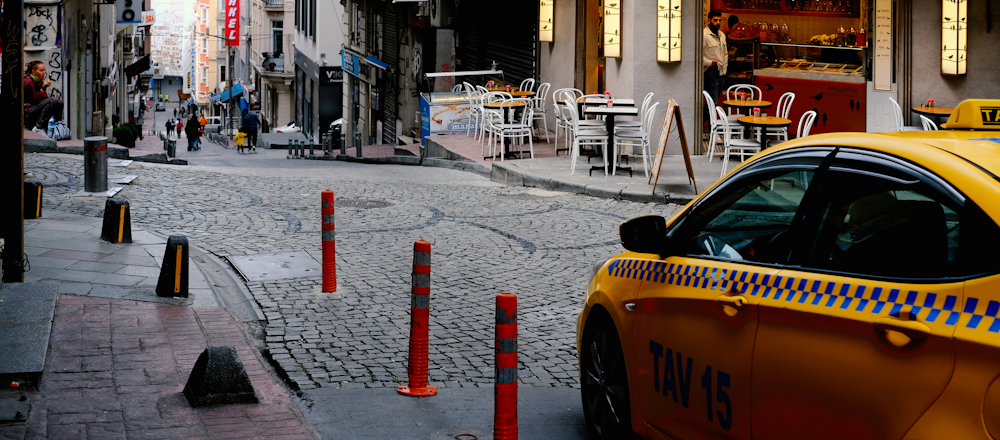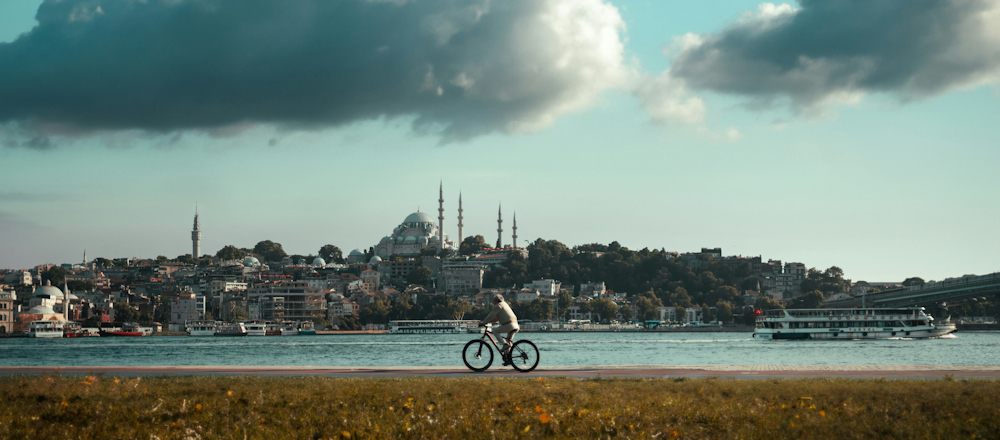With one foot in Europe and the other in Asia, Istanbul is a cultural capital with bustling markets, stunning royal palaces and minarets, and modern art and entertainment. Expats moving to Istanbul will experience a vibrant place where many traditions intermingle to form a city that captivates the senses.
Living in Istanbul as an expat
Owing to the relatively high unemployment rate in Turkey, expats in Istanbul may discover that finding a job can be a challenge, as many sectors are unable to employ foreigners but must reserve jobs for locals. That said, English speakers can usually find employment in teaching positions or the tourism sector.
There are plenty of options for accommodation in Istanbul on both the Asian and European sides of the city. While the European side tends to be pricier, the majority of expats in Istanbul live in this part of the city. That said, expats can find a home that suits their needs and budget on either bank of the Bosporus. When choosing an area and suburb in Istanbul, expats must be aware that some areas in the city are particularly vulnerable to earthquakes, so they should heed government safety warnings in the event of a quake.
Istanbul has a lively nightlife, accentuated by some upmarket restaurants and even trendier nightclubs. There are also numerous modern shopping malls and markets to entice avid shoppers. Most notably, Istanbul is home to the Grand Bazaar, which boasts more than 4,000 shops and is surrounded by a maze of streets lined with even more shops.
Expats in Istanbul will hardly find themselves bored. The public transport system in Istanbul is efficient and highly affordable, making it easy to explore the city and its famed historic sites. There is also an abundance of nearby villages and towns that offer the chance for weekend escapes from the hustle and bustle of the city.
Cost of living in Istanbul
Compared to the rest of Turkey, the cost of living in Istanbul is expensive. Petrol prices are exceptionally high compared to Europe and the US, as is imported alcohol. In fact, most branded imported items will be costly due to high import duties. That said, for daily groceries, medical care and domestic help, Istanbul is cheaper than most Western countries.
Families and children in Istanbul
Education is another expense that expats with children will have to consider when moving to Turkey. Most expats choose to send their children to international schools, which generally offer a superior education to the local public schools in Istanbul, but this comes at a price.
Parents looking for a way to entertain their children in Istanbul will not have to look much further than the child-friendly interactive museums and science centres in the city. VIALAND Tema Park is perfect for a day of fun, and a trip to the Princes' Islands will get the whole family out and enjoying the sunshine.
Climate in Istanbul
Expats in Istanbul will be blessed with the best of every season each year. They will not have to travel far to get to the ski slopes during the cold winters, and the city itself may be coated in a blanket of snow from time to time. Springs bring a riot of colour as the tulips bloom throughout the city during this time of the year, while summers are hot and humid and lead into mild autumns.
Expats moving to Istanbul will discover a city exploding with culture and history. While they may experience some initial culture shock, they will also be met with welcoming locals and a lively lifestyle in this bustling metropolis. An effort to embrace the city with all its quirks will soon have expats calling Istanbul home.
